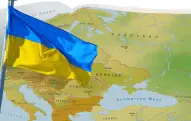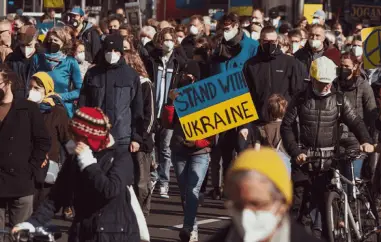Serbian Leadership Responds to Protesters' Demands Following Unrest
In recent developments, the President of Serbia has agreed to the demands put forth by demonstrators after a prolonged period of civil unrest. The protests, which have persisted for several weeks, were primarily driven by public dissatisfaction over various political and social issues.
The unrest began as citizens expressed their frustration regarding government policies and the perceived lack of responsiveness to their needs. Over time, these protests grew in intensity, drawing attention from both local and international observers.
In light of the ongoing demonstrations, the Serbian leadership has taken steps to engage with the protestors. The President's agreement to their demands marks a significant shift in the government's approach, as authorities acknowledge the need for dialogue and reform to address the underlying concerns of the populace.
Officials have indicated that discussions will focus on key areas such as economic stability, social justice, and political transparency. The administration aims to build a framework for constructive engagement with the citizens, fostering an environment where grievances can be addressed effectively.
Furthermore, the government's commitment to addressing the issues raised during the protests is seen as a crucial step in restoring public trust and ensuring stability in the region. Experts suggest that this move could potentially reduce tensions and pave the way for a more collaborative relationship between the government and its citizens.
As the situation continues to evolve, both supporters and critics of the government are closely monitoring the outcomes of the proposed reforms. The implications of these developments are significant, not only for Serbia but also for its relationships with neighboring countries and international partners.
This development also reflects a broader trend observed in various regions where public sentiment has increasingly influenced political decision-making. The willingness of leaders to respond to protests can serve as a barometer for the health of democratic processes and the responsiveness of governance.
Looking ahead, it remains to be seen how effectively the Serbian government will implement the agreed-upon changes and whether these efforts will lead to lasting improvements in the political landscape. The actions taken in the coming weeks will be pivotal in determining the future trajectory of governance in Serbia.
In summary, the Serbian president's agreement to the protesters' demands represents a crucial moment in the country's political discourse. It underscores the importance of listening to the public and adapting to their needs in order to foster a more harmonious society.














































